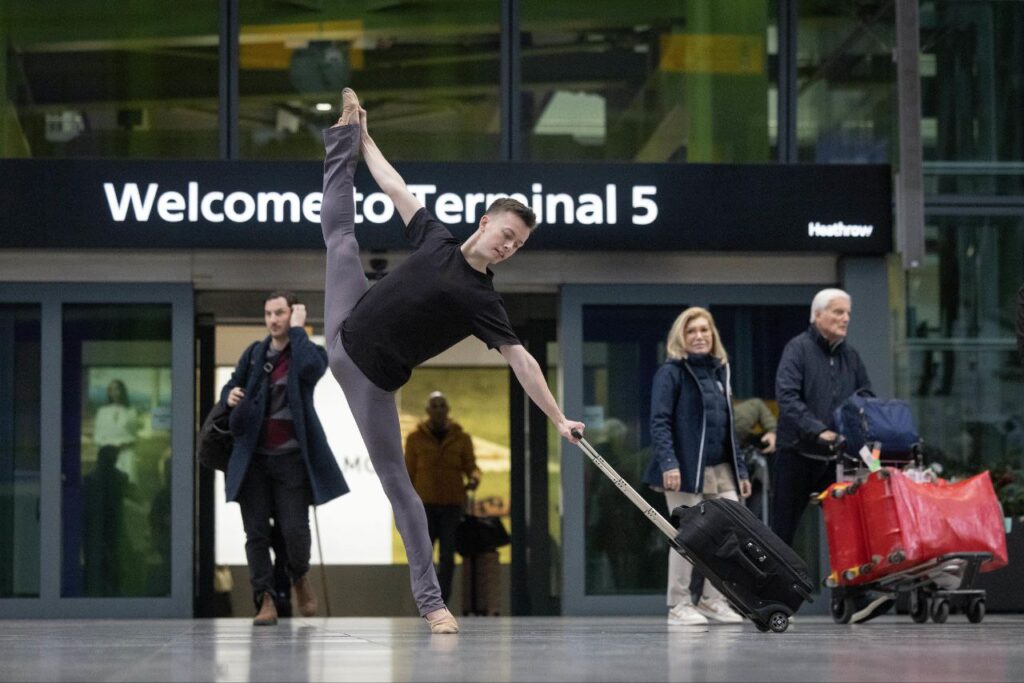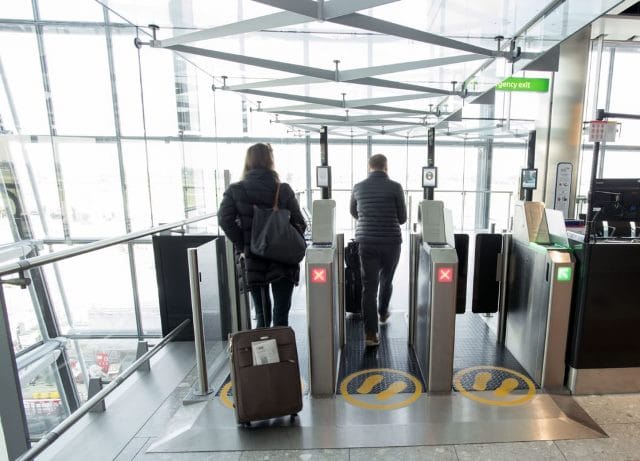In a first for the UK aviation industry, today Heathrow has set out its plans to expand in a carbon neutral way. The airport has set out its stall, outlining the role it will play on four key areas to reduce and offset carbon emissions from the growth in flights, created by an additional runway.
Heathrow’s plan builds on the momentum of technological change within the aviation industry to make travel more sustainable. While international aviation demand is projected to increase over the decades ahead – Heathrow will use its leadership and market position, to capitalise on the opportunities from expansion to ensure growth is met in a responsible and sustainable way at the UK’s hub.
The plan outlines action on 4 key areas including: cleaner aircraft technology, improvements to airspace and ground operations, sustainable aviation fuels, and carbon offsetting methods. Specifically:
On aircraft technology, Heathrow will:
Treat environmental performance of aircraft as a key consideration of slot allocations for new flights;
Offer free landing fees for a year at the airport for the first commercially viable electric flight;
Continue offering cheaper landing fees for cleaner and quieter aircraft;
Review the infrastructure requirements for charging electric aircraft through the Heathrow Centre of Excellence for Sustainability
On airspace and ground operations, Heathrow will:
Support the Government’s plans on modernizing airspace – including the potential elimination of routine stacking for aircraft coming to land;
Reduce emissions from aircraft on the ground through reduced taxi times, increased access to on-stand power sources, and fewer engines used while moving around the airport;
To promote the use of sustainable alternative fuels, Heathrow will:
Make Heathrow a leading hub for the development and deployment of sustainable aviation fuels by providing the necessary airport infrastructure, and support for pilot projects
To develop and promote new ways of carbon offsetting, Heathrow will:
Continue investing in UK peatland restoration and other projects to play a key role in developing the next generation of UK carbon offsets. Peatland restoration has the potential to be amongst the highest-quality, most cost-effective carbon offsetting methods – and a pilot project is already underway in Lancashire.
Heathrow is also calling on:
ICAO – the UN body for international aviation – to develop global goals for the uptake of sustainable alternative fuels
The UK Government to engage ICAO and fellow member states to agree a 2050 goal for international aviation
Over coming months, Heathrow will seek feedback from members in the aviation industry, advocacy groups and climate change experts to set out further details in its plan. Members of the public will then have an opportunity to feed into this process– including plans to mitigate road traffic and construction -in the next statutory consultation on Heathrow expansion in the summer of 2019.




